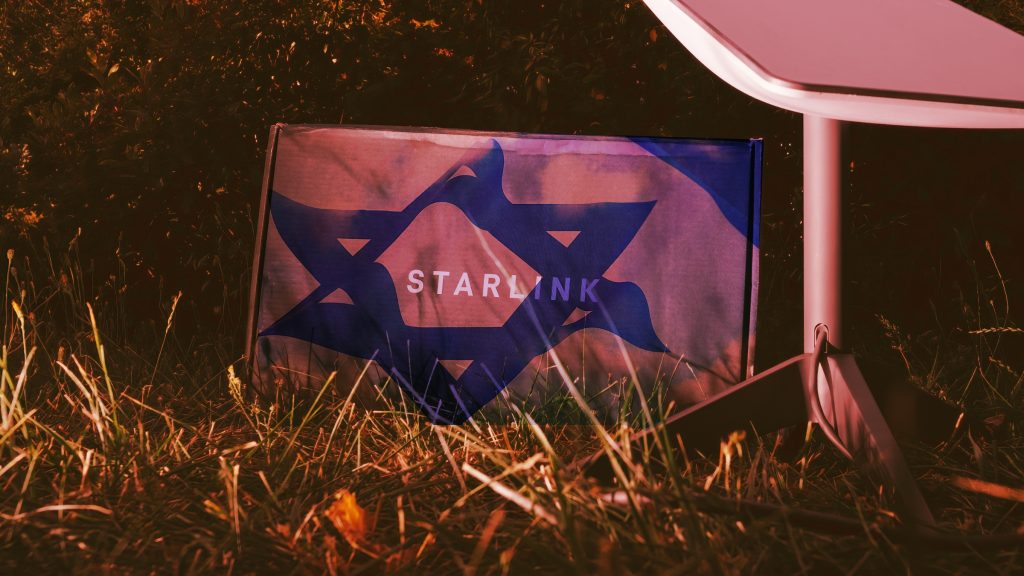
During a recent webinar, venture capitalist Shaun Maguire revealed he personally facilitated Starlink Israel access of satellite broadband to the IDF within days of the October 7 attack.
According to Maguire, he enlisted IDF on board for the Starlink and Israel technology sharing, well ahead of public agendas suggested. His timely action ensured the satellite broadband was up and running for the activities of the IDF, a lifeline throughout the initial phases of the conflict.
The Maguire’s involvement started in a webinar, “Why VCs Are Betting On Defense Tech” organized by the Israeli Ministry of Defense’s “Mafat for Startups.”
Maguire’s colleague Tel Aviv venture capitalist, Aviv Eyal, discussed his involvement in providing the Starlink Israel services to the IDF, recalling it did not take over 12 hours, or so, for Maguire to obtain Starlink connecting, getting up and running. Maguire later validated this was actually achieved between October 8 to October 9.
“There’s always the most kind of chaos and opportunity in the immediate aftermath after a catastrophe like that,” Maguire admitted.
Also, Eyal called Maguire’s efforts a “game changer” for the IDF operations. This fast rollout allowed Israel Starlink war internet technology to remain connected during a time of intense conflicts.
Elon Musk, Starlink, Gaza, Israel
While arranging Starlink access for the IDF, SpaceX CEO Elon Musk was also addressing the Gaza crisis. On October 28, 2023, amidst the current conflict, Elon musk provides Starlink to Gaza IDF operations available to help humanitarian aid organizations in Gaza.
Musk stated on X, following a complete communications blackout in Gaza, that Starlink would assist recognized aid groups to communicate with their staff. Musk’s offer came after an open call by US Representative Alexandria Ocasio-Cortez for backing on the basis of internet and communications disruptions in Gaza.
While Israel feared Starlink war internet being used by Hamas, Musk vowed that his satellites company would only be employed for humanitarian, with improved security leaking.
Nevertheless, Israel’s Communications Minister, Shlomo Karhi, did not wait long and warned Musk that Israel would do whatever it takes to make sure Starlink Israel was not used in Gaza.
Karhi feared that Starlink might be employed for military use by Hamas, and responding, Musk affirmed that no Starlink terminals had been activated in Gaza and assured that the service would be closely monitored.
Final Thoughts
The Gaza situation brought to light the complexity of providing satellite internet in a war zone. While Starlink for Gaza IDF operations hold hope for humanitarian efforts, it is also pierced with extreme security concerns and misuse of technology in a war zone.
Until February 2024, Israel had formally opened Starlink Israel access, but there is no guarantee the communications service will be extended to Gaza or the West Bank. The rapid rollout of Starlink to IDF reflects the deep integration of private telecommunication companies in modern warfare.
Therefore, as satellite internet becomes a focal point within war zones, security, and regulation, concerns will remain prominent. The future of war and humanitarian interventions will be defined by evolving dynamics between tech giants and national defense, or else we risk a world where technology operates without oversight or accountability.
Inside Telecom provides you with an extensive list of content covering all aspects of the tech industry. Keep an eye on our Telecom sections to stay informed and up-to-date with our daily articles.